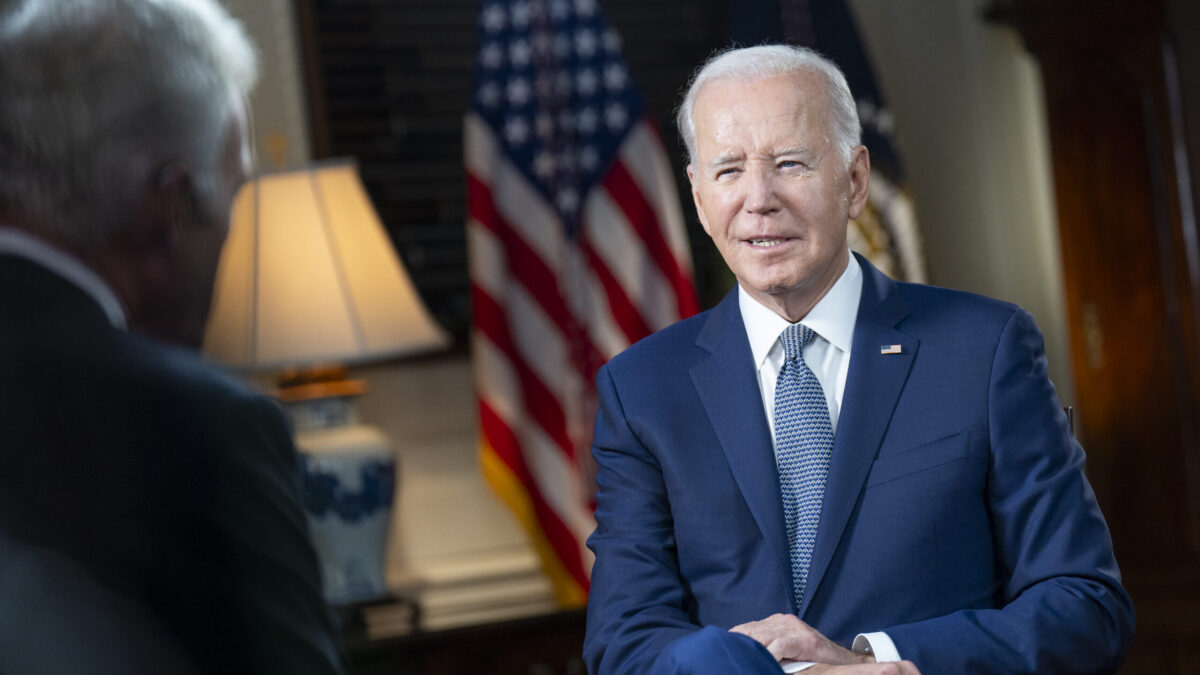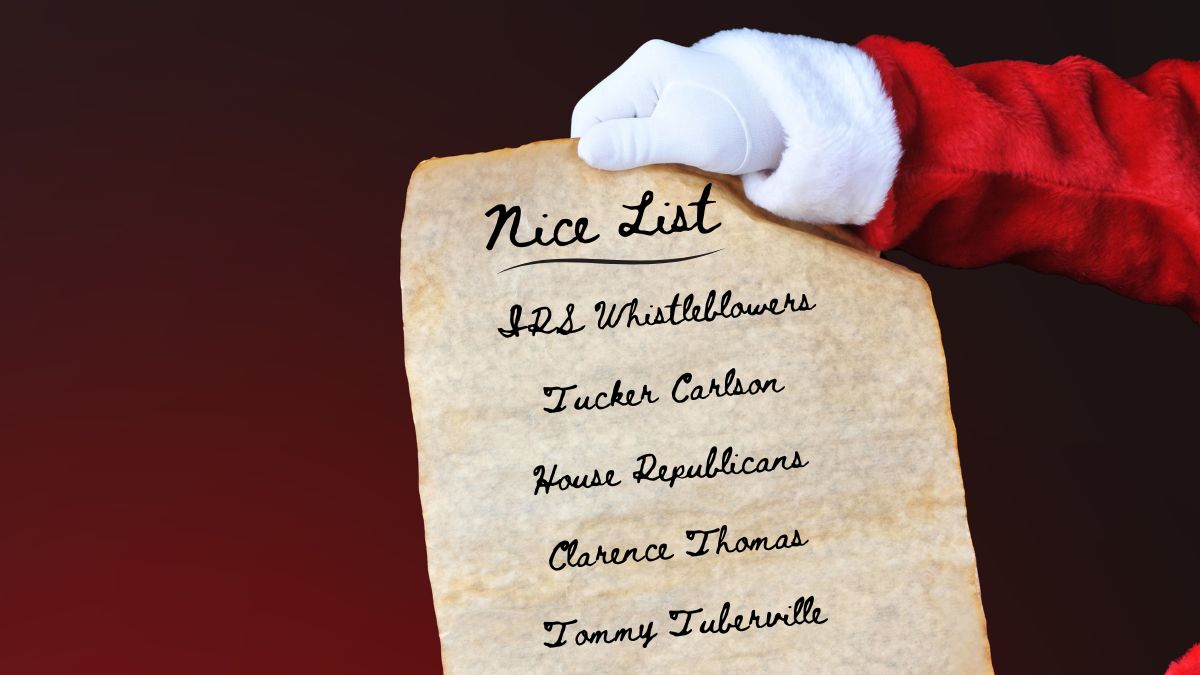
More than 200 years ago, the members of America’s First Congress wrote amendments to the Constitution that would become our Bill of Rights. Led by James Madison of Virginia, they worked to keep the new government from encroaching on the people’s freedoms as the old government in London had. In that eighteenth-century document, they outlawed the seventeenth-century abuses the British crown had once inflicted upon the people.
But times have changed. New abuses threaten us more than the old, and governmental incursions that frightened post-colonial Americans should not concern citizens of a democracy. The time has come to rein in the modern excesses justified under the First Amendment.
Out-of-Control Technology
Let’s face it: Madison would not even recognize the electromechanical behemoths that modern Americans use to print newspapers and books. The printing presses in use in 1791 were little changed from the one Gutenberg had invented centuries earlier. They were hand-made, built of wood and lead type, ponderously expensive, and powered only by the strength of the printer’s arms. Even Philadelphia, the nation’s capital in those days, had only a handful of presses at any given time, and everyone knew who owned them.
The Gutenberg press revolutionized printing, but it had limits. A skilled printer could print no more than about 250 sheets per hour. Compare that to the factory-sized presses of today that, like the one in this chilling video, produce 12 newspapers per second. Not 12 pages. Twelve newspapers. Our Founding Fathers never contemplated that level of mass publication.
This does not even begin to address the expansion of the word “press” to mean things that involve neither ink nor paper, let alone the manual pressing required to bring the two together in print. Journalists and other special-interest groups have stretched the definition of the press to include radio and television broadcasting and Internet publications. They have even used the venerable old press as a metonym for themselves, thereby insinuating that anything a journalist produces is covered under the freedom of the press.
If Madison’s eyes would have bugged out at the sight of the Wall Street Journal’s modern presses, he would surely have fainted dead away at the sight of a web-based publication like The Federalist. These digital “presses” are unlimited by paper and ink supply constraints, and can spray their message across the world at the click of a button. Blogs, to take a step further from 1791, require nothing more than a laptop and an Internet connection. Can we really believe that Madison and his fellow congressmen intended so much power to be vested in the hands of anyone savvy enough to open a LiveJournal account?
Other technological advances make the publication process even more rapid-fire. The standard typewriter or computer keyboard produces words far more quickly than the movable lead type of Benjamin Franklin’s press. Some writers take training classes at unregistered typing schools to increase the number of words they can pump out per minute. Text-to-speech software, once the stuff of science fiction, allows even untrained writers to fill page after page with prose.
Unlicensed, Unmonitored, Unregulated
Adding to the danger of these tools of mass communication is their anonymity. It is true that the Founding Fathers often wrote under pen names. Madison himself, along with Alexander Hamilton and John Jay, wrote anonymously under the name “Publius” when they published the missives—later known as the Federalist Papers—that helped convince New York to ratify the new Constitution. But there were key differences in the anonymous letters of Publius and the rantings of blog posters today.
The Federalist Papers were anonymous, but they were published in a recognized newspaper, The New York Packet. The authors wrote about ideas, not personalities, and took care not to libel anyone. Like many Americans, they were law-abiding writers. But had they diverted from the philosophical discussion to, say, falsely accuse anti-Federalist Patrick Henry of having a loathsome disease, they would have been liable for defamation.
Publius’s identity was unknown, but the New York Packet had an editor and a place of business. Any slanderous accusations would not have gone unchecked. With bloggers, there is no such guarantee. These anonymous, untrained, and judgment-proof authors are free to say and write whatever they choose, even about our nation’s leaders, and all without recourse. Who are they? Are they criminals? Known liars? People on the terror watch list? We don’t know, and that’s dangerous, especially given that any individual can use this power to incite violence.
A politicized Supreme Court has so expanded the First Amendment that public figures, especially, are subject to ridicule and satire from unknown and unregistered writers. Indeed, due to lax press control laws, the government has no idea how many blogs are even in circulation. Some of them may, even now, be written by people under investigation by the FBI for terrorism. One attempt by a state legislator to enact a basic journalism registry was shot down immediately by the powerful lobbyists of Big Journalism.
Surely, this is not the scenario the Founding Fathers had in mind when they guaranteed freedom of the printing press.
An Exceptional Danger
As it does in so many areas, the United States stands alone in its lack of regulating writing and publishing. Other nations once joined us in the unrestrained embrace of press freedom, but the facts of an ever-changing world led most mature nations to limit the dangers that such freedom presents. While our children are taken in by online rumors and scandalous content, other nations keep the most vulnerable citizens safe from such things. The kids are not just reading Highlights magazine anymore—they’re on the Internet, and it’s scary out there.
In Britain, once our equal in unchecked press freedom, their government has reined in the defamation industry. Now, libel is rare in Britain, and those who attempt it are subject to tortuous trials and crushing legal fees. In Canada, free speech and free press are limited by the reasonable expedient of banning anyone from saying anything hateful. What reasonable person could argue with that?
Elsewhere in the world, governments of more recent vintage have never permitted the dangerously free press of which we Americans live in constant fear. China prevents false rumors from spreading by keeping a close eye on anyone who chooses to write or blog. Government closely controls, if not owns outright, newspapers, radio stations, and television networks. The result is an orderly system where the journalism industry distributes information efficiently and does not wander into defamation or spread the sorts of rumors that might cause a panic. China’s libel rate is vanishingly small.
We Must Demand Common-Sense Press Safety
What made sense in 1791 no longer fits the society of 2016. The United States should join the rest of the world in responding to twenty-first-century press problems by enacting twenty-first-century solutions. The time has come to demand changes to our nearly nonexistent press regulation.
Before being allowed to own a printing press or website, would-be writers should be required to pass a rigorous background check. No one with a felony conviction, restraining order, or a history of mental health problems should be permitted to publish. No one on the terror watch list should even be allowed near a keyboard.
Would-be journalists and authors must be properly trained in the safe use of publishing. No one without at least a B.A. in journalism or English from an accredited college should be issued a license.
To limit the scope of dangerous publishing, we must restrict the size of presses and websites. No press should be permitted to print more than 250 pages per hour. “Smart website” technology must be developed so blogs and online publications shut down for 24 hours after reaching 1,000 pageviews.
There must be a three-day waiting period on publishing. This is not an attempt to censor; any licensed writers will be able to publish as they choose. The waiting period is just a chance for tempers to calm, so that hasty or incorrect information is not disseminated across the country.
Finally, radio and television stations must be nationalized. These tools of mass communications are too powerful for individuals to control with little oversight. While a free press was once a tool to use against oppressive government, the greater danger in a modern democracy is from the unrestrained slander and panic private news sources spread to young and uneducated consumers. How many television stations does one country need?
These simple reforms preserve the spirit of the First Amendment as its drafters intended, while avoiding the ills and abuses that have crept in with advanced technology and the new realities of modern society. Responsible authors writing responsible things will see no difference in their daily lives. Amateur printers will still be able to crank out their publications on the same printing presses their forefathers used. But libelous bloggers, rumor-mongers, tabloids, and untrained writers will have to shape up and agree to behave as responsible press-owners. For our children’s sake, for our country’s sake, we must demand action.









